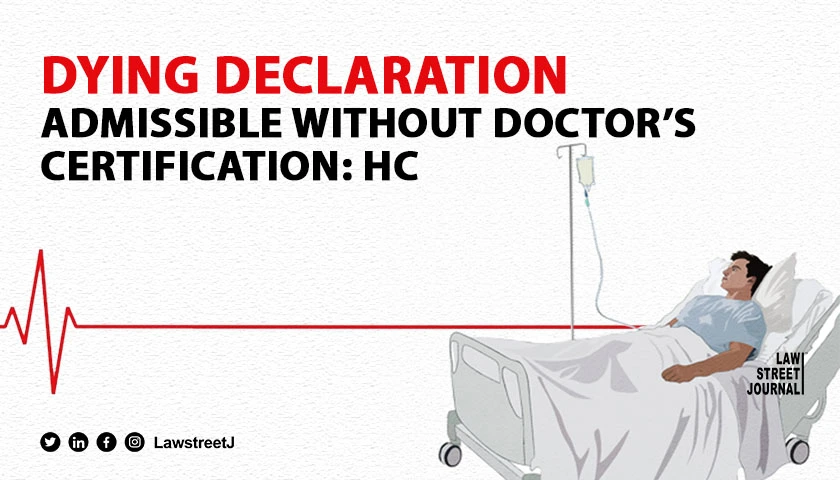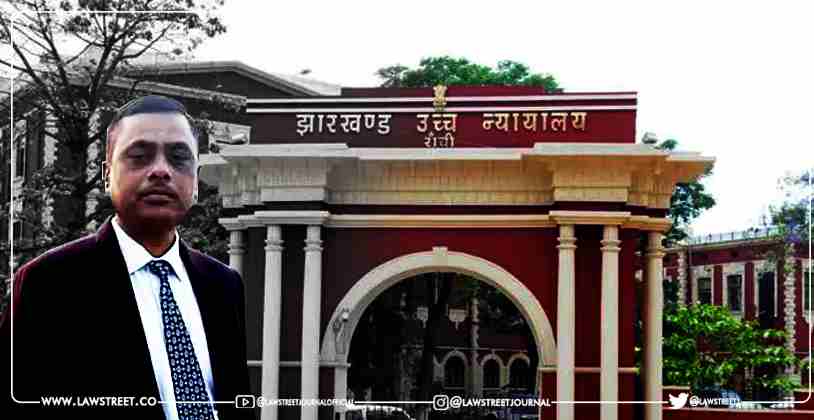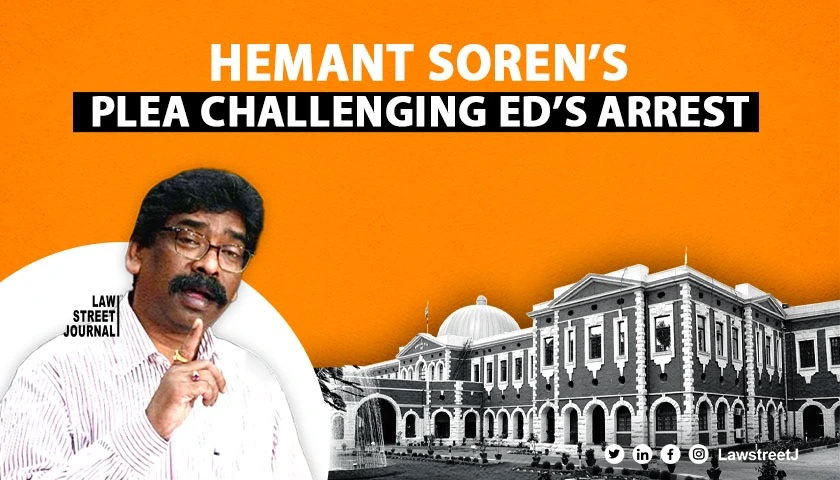Jharkhand: The Jharkhand High Court has delivered a significant order upholding the validity of an oral dying declaration and dismissing an appeal against a conviction in a murder case.
A Division Bench comprising Justices Subhash Chand and Ananda Sen dismissed the appeal filed by Sandeep Kumar Tripathy against his conviction under Section 302 of the Indian Penal Code. The court noted that the trial court had convicted the appellant for murdering Sanju Pandey, wife of Niranjan Kumar Pandey, on May 31, 2012, in Jamshedpur. The prosecution's case was that the appellant had developed a one-sided love for the deceased when she visited her brother in Chhattisgarh, and later came to her house when she was alone and stabbed her with a "bhujali" (sharp weapon).
The court emphasized that there is no prescribed format for recording a dying declaration, which may be either oral or written. The deceased had made an oral dying declaration to villager Rudan Singh while injured. Despite being stabbed, the deceased caught hold of the accused and raised an alarm, indicating her fitness of mind. The court found no need for a doctor's certification of mental state, as Rudan Singh witnessed her fit condition. The testimony of Rudan Singh was deemed admissible both as an eyewitness and as evidence of the dying declaration.
The court observed: "It is the settled law that the dying declaration may be oral or in writing. But while relying on a dying declaration, the Court has to satisfy itself whether it was made in a fit state of mind. There is no prescribed format for recording the dying declaration. If the dying declaration is oral and very terse, that may also inspire confidence in regard to its truthfulness."
Further, the court stated: "The dying declaration made by the deceased while in an injured condition was prompt and was in a fit state of mind. From the very conduct of the declarant at the time of making the dying declaration, having caught hold of the culprit who had given her a Bhujali blow is ample evidence in regard to her physical and mental state of mind. Therefore, even without any certification by a doctor, such a dying declaration shall be admissible and reliable."
Additionally, the court rejected the appellant's claim that the dying declaration was not explained to him during his Section 313 statement, noting it was part of Rudan Singh's testimony explained to the accused. Regarding the non-production of the murder weapon during the trial, the court held this was not fatal to the case as the seizure memo of the blood-stained "Bhujali" was well-proved by prosecution witnesses.
In conclusion, the court dismissed the appeal, affirming the conviction and sentence imposed by the trial court.




![Supreme Court Collegium approves new Chief Justices for five key High Courts in India [Read Recommendations]](/secure/uploads/2023/12/lj_8000_380d1135-6f3a-4988-a00a-4d5cd5901815.jpg)
!['Arbitrary, impermissible,' SC quashes HC's resolution raising aggregate cut off marks on district judges appointment [Read Judgment]](/secure/uploads/2024/02/lj_3605_Rule-for-Judge-Selection.webp)





